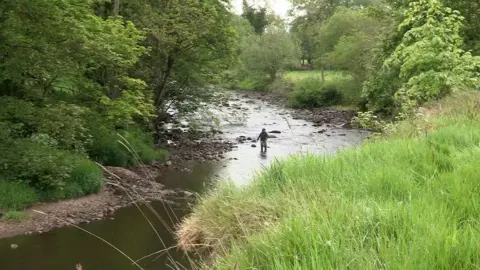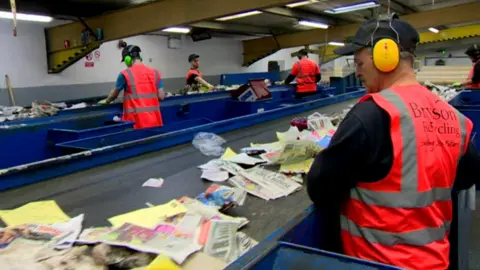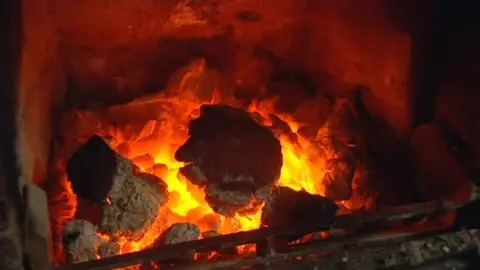Bigger Northern Ireland population challenging environment
 BBC
BBCA growing Northern Ireland population must find ways to reduce the pressure on the environment, a senior government official has said.
David Small was reacting to the publication of statistics on everything from waste to water quality to biodiversity in Northern Ireland.
He heads up a section of the executive department which looks after the environment.
NI's population has grown by a fifth since 1971 to 1.87 million people.
The projection is that it will continue to grow and will top 2 million by 2040.
"We need to be mindful of the increasing pressures on our environment, including those posed by a growing population," Mr Small said.
"It is crucial that we continue to find ways to ensure our lifestyle choices don't impact negatively on the environment and the resources we depend on, such as water, air, food and energy."
As part of that, Northern Ireland will shortly begin consulting on a new environment plan, mirroring work already done in England.

There are significant challenges ahead, including tackling levels of ammonia emissions from agriculture, further reducing waste to landfill, improving water quality in rivers and reversing biodiversity loss.
The statistics show that 71% of people are concerned about environmental issues.
The main things households are doing to try to help include using fewer plastic bags, buying more energy-saving lightbulbs and reusing clothes and furniture.
Recycling rates are up, and at 48% are coming close to the stated target of 50% by 2020 for rubbish collected by local authorities.
But other statistics show more work is needed to address significant environmental issues.
Only a third of Northern Ireland's rivers are considered to be in good condition, and greenhouse gas emissions are up, with agriculture, transport and energy contributing the most.
Agriculture is also responsible for the bulk of ammonia emissions, which can have an impact on the biodiversity of sensitive protected sites such as peatlands.

The burning of smoky coal is also causing problems for air quality in some urban centres.
In Londonderry, Lisburn and Ballymena, levels of the carcinogenic chemical Benzo(a)pyrene are in breach of a UK target, though they are compliant with a less rigorous EU one.
And, although the Northern Ireland monitoring sites are in residential areas, they show annual mean concentrations of B(a)P more common in industrial areas of Britain like Scunthorpe and Port Talbot.
